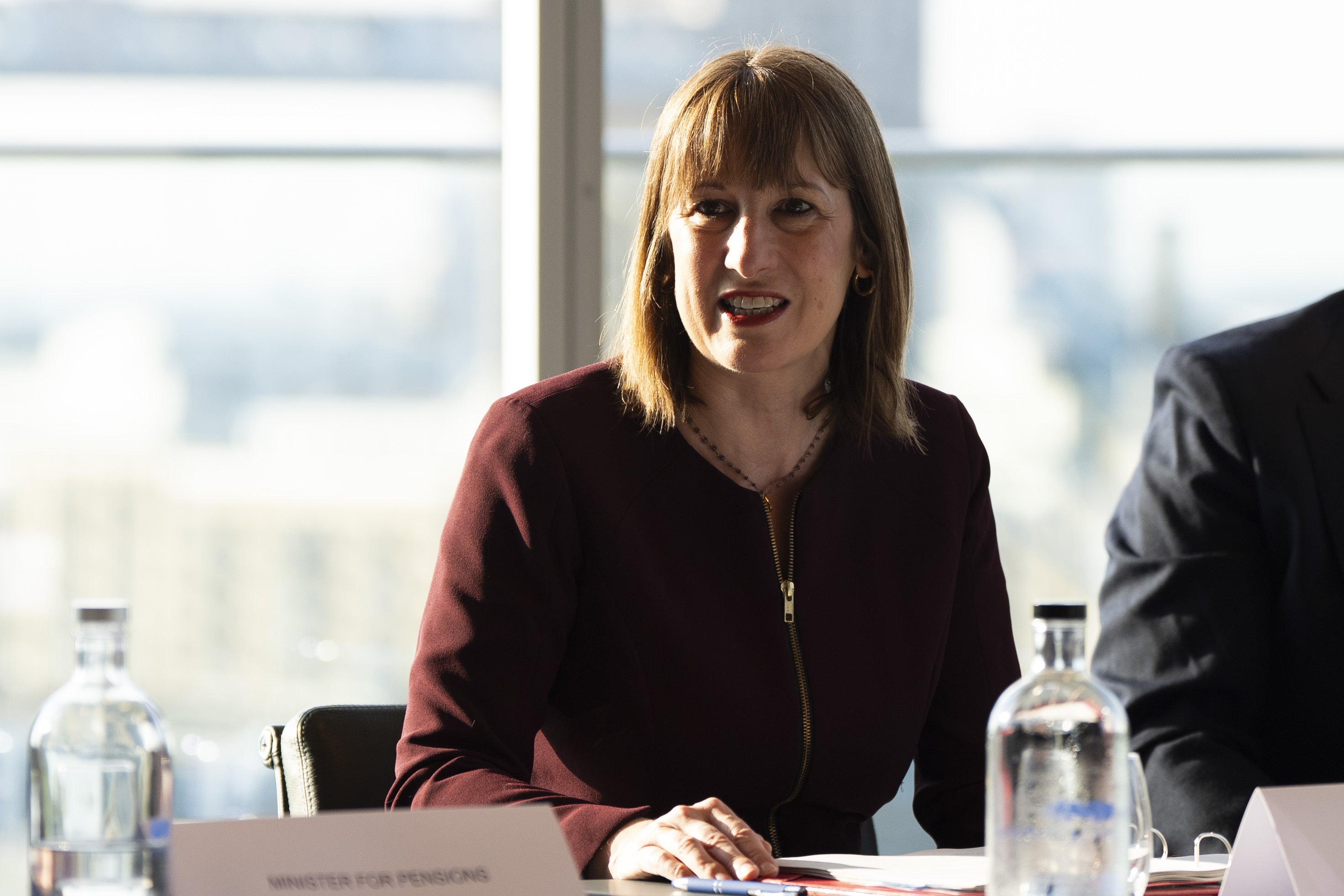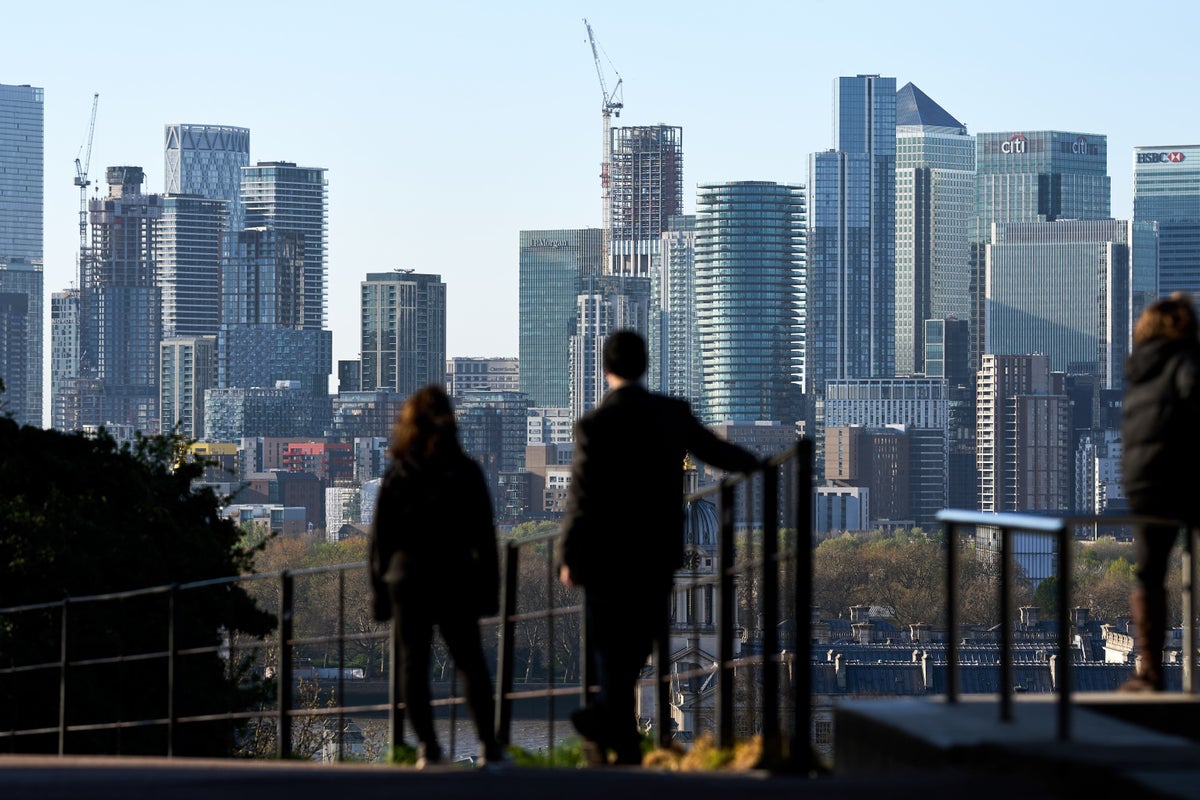From reproductive rights to climate change to Big Tech, The Independent is on the ground when the story is developing. Whether it’s investigating the financials of Elon Musk’s pro-Trump PAC or producing our latest documentary, ‘The A Word’, which shines a light on the American women fighting for reproductive rights, we know how important it is to parse out the facts from the messaging.
At such a critical moment in US history, we need reporters on the ground. Your donation allows us to keep sending journalists to speak to both sides of the story.
The Independent is trusted by Americans across the entire political spectrum. And unlike many other quality news outlets, we choose not to lock Americans out of our reporting and analysis with paywalls. We believe quality journalism should be available to everyone, paid for by those who can afford it.
Your support makes all the difference.
Read more
The International Monetary Fund (IMF) has warned that trade tensions stemming from planned US tariffs are set to dampen the UK‘s economic growth next year.
Despite this, the global financial body has revised its growth forecast for the UK upwards for this year, following a period of robust economic activity.
The IMF has stated that the UK is experiencing an “economic recovery,” with GDP expected to rise by 1.2 per cent this year, a step up from the 1.1 per cent growth it predicted in April.
On Tuesday, the organisation maintained its projection that the UK economy will expand by 1.4 per cent in 2026.
However, IMF economists said this will come despite global trade tensions wiping 0.3 percentage points off growth for the year.
Trade tensions will weigh on growth through “persistent uncertainty, slower activity in UK trading partners, and the direct impact of remaining US tariffs on the UK”, the IMF said.
It also highlighted that there is a greater risk that growth could be weaker than expected, due to the potential that global trade uncertainty will impact supply chains and weaken private investment.

Chancellor Rachel Reeves has made growing the economy a key priority for the Government (Ben Whitley/PA)
Meanwhile, the IMF indicated that policy reforms by the UK Government to overhaul planning rules and loosen regulatory hurdles could support future growth.
“The authorities’ structural reforms, including to planning, and the increase in infrastructure investment could increase potential growth if properly implemented,” its statement on the UK economy said.
Chancellor Rachel Reeves has made growing the economy a key priority for the Government in order to help fund future spending plans.
On Tuesday, the Chancellor said: “The UK was the fastest growing economy in the G7 for the first three months of this year and today the IMF has upgraded our growth forecast.
“We’re getting results for working people through our plan for change – with three new trade deals protecting jobs, boosting investment and cutting prices, a pay rise for three million workers through the national living wage, and wages beating inflation by £1,000 over the past year.”
Earlier this month, the Bank of England predicted that the UK economy would grow by 1 per cent in 2025 and 1.25 per cent next year, as it reduced interest rates to 4.25 per cent – their lowest level since May 2023.
The IMF said the central bank should “continue to ease monetary policy gradually”, indicating it expects further reductions in interest rates.
